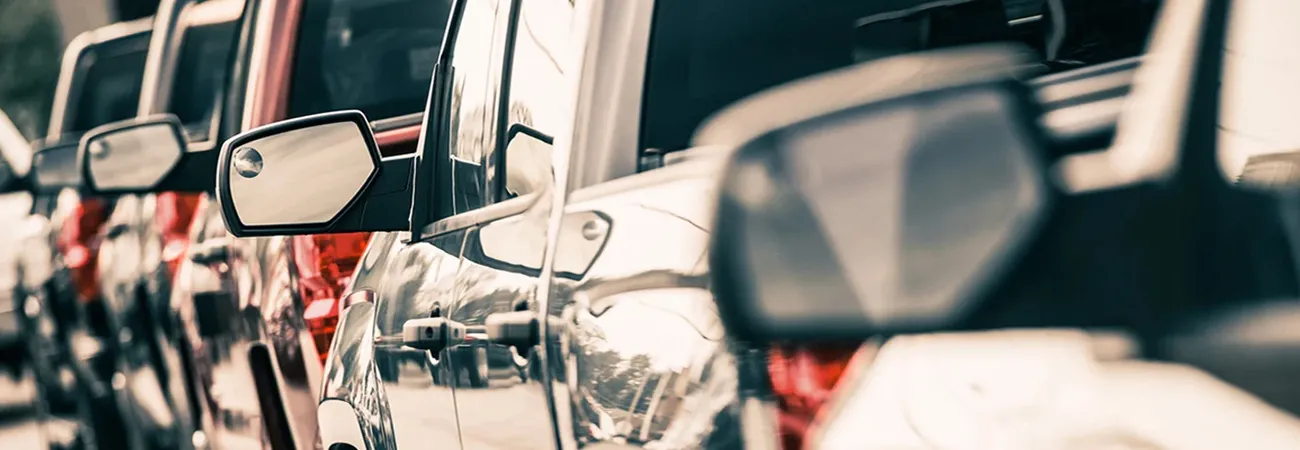i ECONOMY
Recent steps to ease import restrictions are reshaping Pakistan's automotive outlook, ushering in a change in market dynamics and consumer choices. “The significant surge in sales that occurred in January 2024 was mainly attributed to a combination of factors, including relaxation in import restrictions and the subsequent decrease in car prices, making vehicles more affordable for many. This has led to a sharp increase in demand for vehicles, as more and more individuals are now able to purchase them,” said Muhammad Abrar Polani, a research analyst at Arif Habib Limited. “Additionally, the new year buying effect played a significant role as consumers tend to make more purchases during this time of the year.” “Moving forward,” he said, “there is an optimistic outlook for the auto industry as interest rates are expected to be cut in March, which will benefit auto financing. As a result, it is expected that there will be a gradual recovery in auto sales in the coming months.” According to Pakistan Automotive Manufacturers Association (PAMA), automobile industry reported a significant surge in sales in January, with a total of 10,536 vehicles sold across various segments, including cars, jeeps, vans and pickups.
This represents an 81% increase from the 5,816 units sold in December 2023. Tractor sales surged by 46% month-on-month and 12% year-on-year to 3,814 units in January 2024. The sales reached 27,225 units in the seven months of financial year 2023-24 (7MFY24), up 82% YoY. Indus Motors saw a significant increase in car sales, up 304% MoM to 2,762 units in January 2024, driven by the launch of the new Corolla Cross. Atlas Honda sales also rose by 49% MoM, with 1,339 units sold in January 2024 compared to 901 in December 2023. Pak Suzuki Motors recorded sales of 4,550 units in January 2024, a 22% increase from 3,735 in December 2023. Motorbike and three-wheeler sales also surged by 27% MoM to 104,619 units in January 2024, although sales declined by 5% YoY. Talking to WealthPk, Farooq Mustafa, Head of Automotive Division at G&T Group, said, “A vast majority of customers treated their vehicles as investments due to the disproportionate increase in prices witnessed in the automobile market. This increase in prices is spurred by the perpetual devaluation of the rupee. The used car market undergoes a corresponding increase in prices.
The spike in car sales every January can be directly attributed to customers holding their purchases till the turn of the year so that the car can have a later year in the invoice, which will eventually increase its value at the stage of resale.” “Some ongoing international shifts are slowly carving their way into the Pakistani market as well, whereas there is a very Pakistan-specific trend that we are seeing in the case of the relatively lower-priced segment taking the lead from the previous incumbents i.e. the high-end sedans. “Internationally there is a shift from sedans to crossovers, which is gradually making its way here in the form of more offerings in the crossover segments from assemblers. There is a similar shift towards greener vehicles globally, which is also finding its way into Pakistan, firstly in the form of Completely Built Units (CBU) premium imports, and now it is being taken up by local assemblers as well, starting with hybrid electric offerings including Hyundai, GWM-Haval and Toyota as well as pure electric plans including MG, DFSK and GWM-ORA.”
Credit: Independent News Pakistan (INP)









